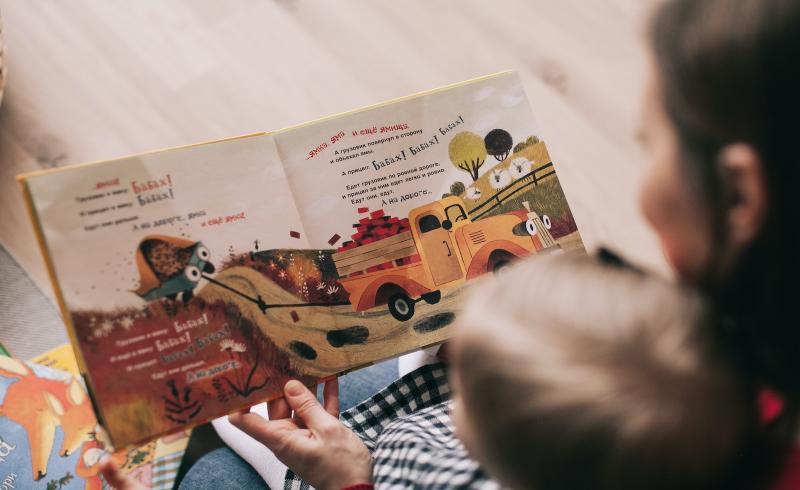Tips on Speech therapy techniques for children with communication disorders.

Communication plays a crucial role in a child’s development and social interactions. However, for children with communication disorders, expressing themselves effectively can be a challenge. Speech therapy is a valuable resource that can help children overcome these difficulties and develop vital communication skills. In this article, we will explore effective speech therapy techniques that parents can employ to support their child’s communication development.
- Articulation and Phonological Exercises:
Speech therapy often involves specific exercises to improve articulation and phonological skills. These exercises target the correct production of sounds and help children develop clear speech patterns. Speech-language pathologists (SLPs) use various techniques, such as tongue and lip exercises, to strengthen muscles and improve speech clarity.
- Language Expansion and Modeling:
Language expansion and modeling techniques involve expanding on a child’s utterances and providing them with accurate models of language. SLPs and parents can use this technique to build the child’s vocabulary, sentence structure, and overall language comprehension. By modeling appropriate language use, parents can help their child understand and produce more complex sentences.
- Augmentative and Alternative Communication (AAC):
For children with severe communication disorders, AAC systems can be incredibly beneficial. These systems include tools such as communication boards, sign language, and electronic devices with voice output. SLPs work with parents to introduce and implement AAC systems, enabling children to express themselves effectively and participate in social interactions.
- Social Skills Training:
Children with communication disorders often struggle with social interactions. Speech therapy can incorporate social skills training to teach children appropriate communication behaviors, turn-taking, and understanding non-verbal cues. Role-playing, group activities, and video modeling are effective methods used in social skills training.
- Parent Involvement and Home Practice:
Parents play a vital role in supporting their child’s communication development. SLPs guide parents on techniques they can use at home to reinforce speech therapy goals. Consistent practice and communication-rich environments create opportunities for children to practice their skills and enhance their progress.
Conclusion:
Speech therapy offers a range of techniques to support children with communication disorders in developing effective communication skills. Through targeted exercises, language expansion, AAC systems, social skills training, and active involvement of parents, children can make significant strides in their communication abilities.
Parents should work closely with speech-language pathologists to identify the most appropriate techniques for their child’s specific needs. Consistency, patience, and a supportive environment are key factors in maximizing the benefits of speech therapy.
By implementing these speech therapy techniques and creating a communication-friendly environment, parents can empower their children to express themselves confidently, build meaningful relationships, and navigate the world with enhanced communication skills. Speech therapy is a valuable tool that opens doors of opportunity and enables children with communication disorders to reach their full potential.
Speech therapy techniques for children with communication disorders are vital in helping them overcome challenges and develop effective communication skills. Articulation and phonological exercises target speech clarity, while language expansion and modeling techniques enhance vocabulary and sentence structure. Augmentative and alternative communication (AAC) systems provide alternative means of expression for children with severe communication disorders. Social skills training helps children navigate social interactions, and parent involvement and home practice are crucial for reinforcing therapy goals.
By implementing these techniques and working closely with speech-language pathologists, parents can create a supportive environment for their child’s communication development. Consistency, patience, and a communication-rich setting are key. Speech therapy opens doors of opportunity for children with communication disorders, enabling them to express themselves confidently and build meaningful relationships.
Parents should consult with speech-language pathologists to determine the most suitable techniques for their child’s specific needs. Through consistent practice and a nurturing environment, children can make significant progress in their communication abilities.
Speech therapy is an invaluable resource that empowers children with communication disorders to reach their full potential. By addressing their unique challenges, these techniques provide the tools necessary for children to navigate the world with confidence and succeed in their personal and academic lives.
Ultimately, speech therapy is not just about helping children with communication disorders develop speech and language skills; it is about empowering them to communicate effectively, express their thoughts and feelings, and engage meaningfully with others. With the right guidance and support, children with communication disorders can overcome barriers and embrace a future filled with limitless possibilities.



Leave a comment